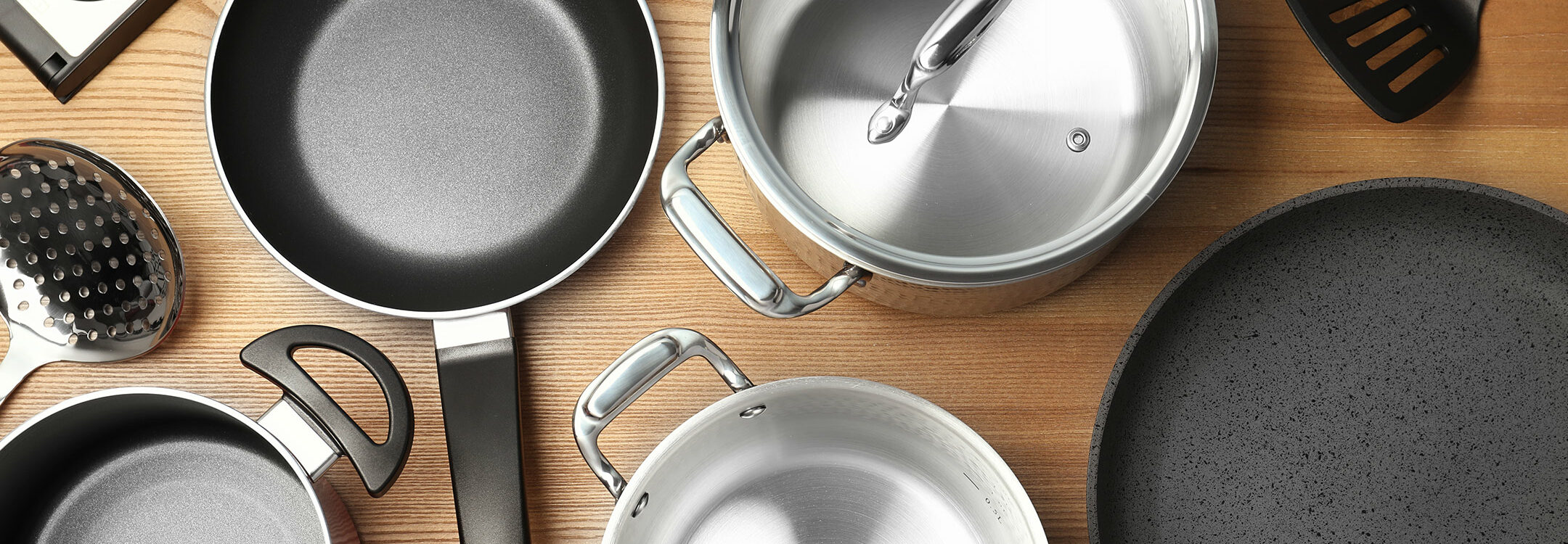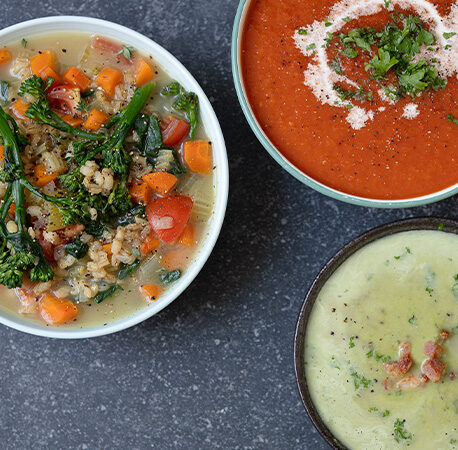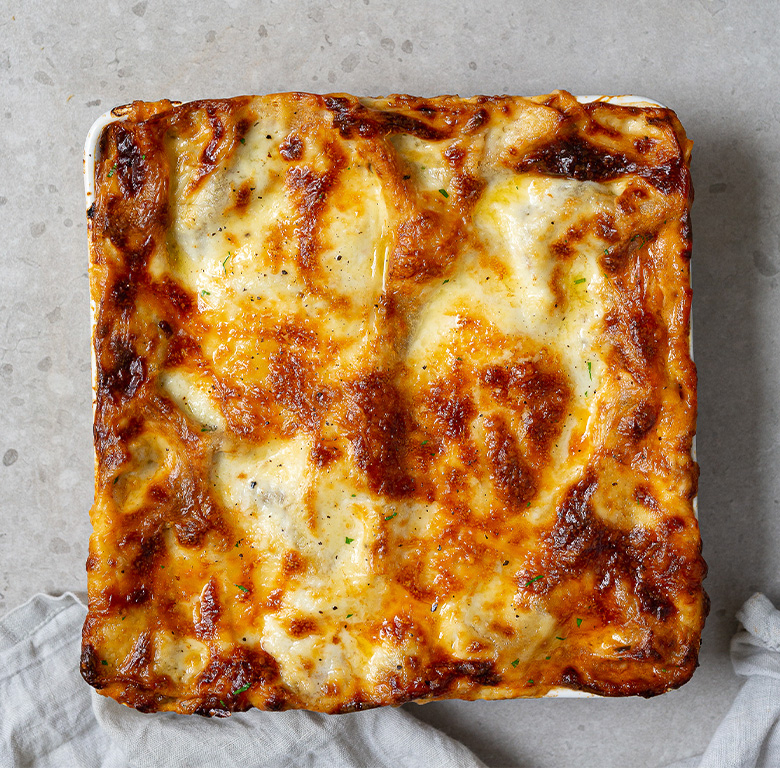Are you guilty of any of the below?
1. Overcrowding the pan. When you’re in a hurry, it’s tempting to pile too much food into a pan or onto a baking tray. However, a packed pan generates steam, making food limp and preventing meat and vegetables from browning properly.
2. Not letting meat rest. Eating meat as soon as it’s cooked means it’ll never be as tender as it should be. All meat, even chicken fillets, benefits from a few minutes’ rest on a warm plate, covered loosely with foil. This allows it to relax and retain its juices, making your dinner tastier and more succulent. A good rule of thumb is to allow one minute of resting time for every 100g of meat.
3. Cooking meat straight from the fridge. If you put a cold piece of meat straight into a hot pan or oven, you risk drying out the exterior before the inside has a chance to cook through. If you want your meat to cook evenly, let it come to room temperature first.
4. Not being prepared. A wise cook reads the recipe through at least once before it’s time to get started. There’s nothing worse than realising you were supposed to marinate the meat overnight, or that you’ve forgotten a vital ingredient. Get into the chef’s habit of mise en place: having all ingredients prepped before you turn on the heat.
5. Turning food too often. Over-enthusiastic turning, prodding and poking of the food in a pan will mean it takes longer to cook. It’ll also result in drier meat, as the more it’s moved, the more liquid it will release. Be patient and give it time to cook on one side before turning.
6. Not giving the pan enough time to get hot. If the oil isn’t hot enough, your food will stick to the pan. Always heat an empty pan for at least 1-2 minutes; the pan is ready when you can hold your hand three inches above it and feel the heat radiating. Now add the fat, waiting for oil to shimmer and butter to foam before beginning to cook anything.
7. Boiling when you should simmer. When liquid is at a simmer, a bubble will break the surface every second or two. If it’s bubbling more vigorously than that, the liquid is at a boil. The difference can have a big impact.
8. Being impatient with caramelised onions. Caramelising is not the same as sautéing. It takes at least half an hour, and if the heat is too high, the onions will burn, so keep it at medium-low. Don’t take them off too early, either; they should be a rich brown, much-reduced, and soft but not mushy.
9. Forgetting to taste as you go. Recipes don’t always call for the “right” amount of seasoning, cooking times are estimates, and results vary depending on ingredients, your oven and countless other factors. You need to taste as you go to remain in control.
10. Boiling pasta in a small pot. When you add pasta to a small amount of water, it lowers the temperature substantially more than if you put it in lots of water, so the water will take longer to return to a boil. In the meantime, the pasta sits at the bottom of the pot, sticking together and becoming mushy.






You have to be signed in to comment this post.